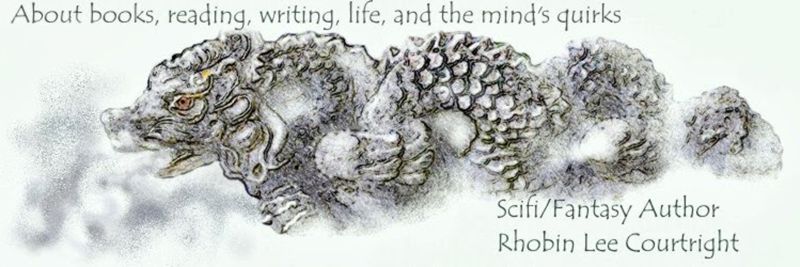No
matter the genre, no matter the theme, all writing explores relationships. Human interactions are not only with other people, but with other creatures, and even on occasion, an environment. Exposing these complex connections can create such gripping tales a reader loses a
night's sleep. The power of relationships touches all of us.
Even
simple relationships are complicated. If not, conflicts would never arise. But they do. Born with an instinctual drive for survival, and unavoidable mental responses like jealousy, individuals often twist regard to loathing, obsess over love, and lose sanity in the process.
These reactions provide wonderful plots filled with calculated,
horrific, situations. In reality, some situations take such strange turns they defy fiction’s capabilities.
In
examining any relationship, an author often discovers danger, for human
interactions embroil all that is good and bad in the collective psyche.
Seen from the inside even outwardly perfect relationships often contain
secrets, deceit, and drama.
It
is a wonder that any relationship survives. However, each
ever-so-imperfect human also contains the capacity for awe-inspiring
love, forgiveness, and sacrifice. These raw, contradictory emotions and reactions to relationships encompass life and power the stuff of stories.


